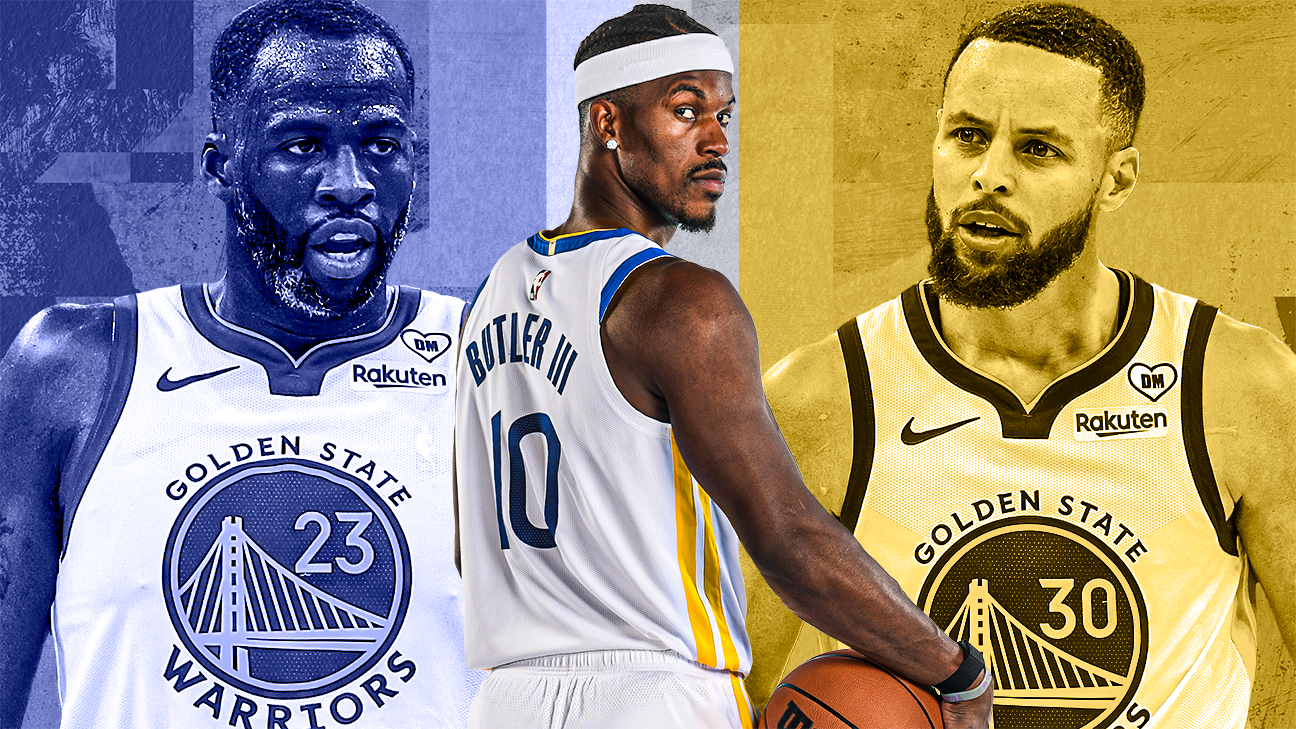
The 148th Open Championship at Royal Portrush had the wind knocked out of its sails early Thursday when hometown favorite Rory McIlroy quadruple-bogeyed the opening hole and compounded matters with a first-round, 8-over 79.
After McIlroy's disastrous start, Brandel Chamblee did not mince words.
"This is nothing new what we saw today out of Rory McIlroy," said Chamblee, referencing McIlroy's now three scores of 79 or worse in the first round of major championships. (McIlroy shot 80 at the 2018 U.S. Open and 79 at the 2013 Open.)
"He has had, historically, just a bad run of first rounds. ... He consistently gets off to a bad start and then inexorably plays himself back into it, and then when all the pressure is gone, all of that talent arises and then he plays a beautiful second or third or fourth round and gets himself back in it. ... But when someone plays poor golf in the beginning of a tournament and then great golf the rest of the way, or great golf in the beginning and then poor golf at the end – both of those on either end he's been guilty of over the last five years – then you know it’s not something physical, it’s not something technical, that they’re not putting themselves in the right frame of mind to either begin a golf tournament or to end a golf tournament. He needs to find that magic that he had when he was winning major championships."
"On paper – I know what the world rankings say, that Brooks Koepka is the best player in the world – but on paper, coming in here, demonstrably, Rory McIlroy is the best player. Strokes gained tee to green, strokes gained total – he's better than he was in 2012. He's better than he was in 2015. And logically, experience should make him a better player. But when someone consistently performs under expectations, the word is choking.
"We shy away from it. Everybody's done it; I've done it, you've done it, the best in the world have all done it. But now it’s [been] five years [since McIlroy last won a major]. And there was a reason why people shied away from picking him this week, and it was because everybody felt like the moment was going to be too big for him. ... We don’t like to be correct in these presumptions, but it played out exactly that way."















 Phone: (800) 737. 6040
Phone: (800) 737. 6040 Fax: (800) 825 5558
Fax: (800) 825 5558 Website:
Website:  Email:
Email: 






